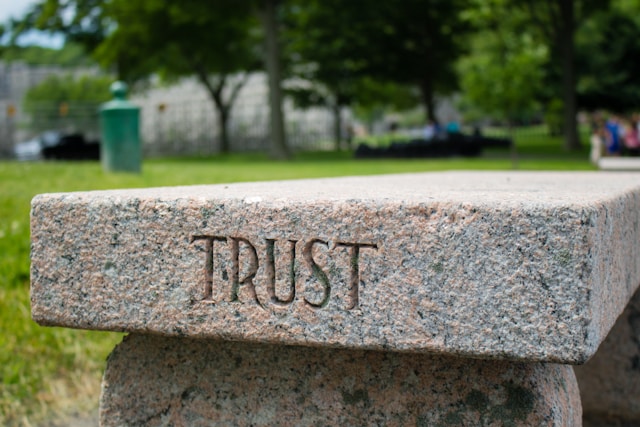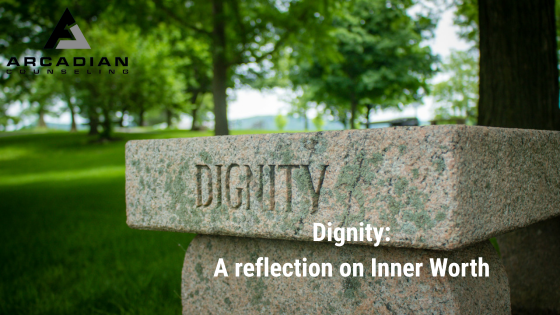What does it really mean to live with dignity? And what happens when we feel like we’re losing it? Dignity isn’t just about how others see us — it’s deeply tied to how we carry ourselves through the shifting seasons of life.
What Is Dignity?
Dignity is one of those quiet, foundational qualities we all recognize, even if we struggle to define it. It’s more than pride or self-respect. It’s the inner sense that we are worthy of being treated with care, humanity, and fairness — not because of what we’ve achieved, but because of who we are.
True dignity doesn’t require applause. It’s the way you carry yourself when no one is looking. It’s the internal posture that says, I know my value, even if today is hard.
When We Feel We’ve Lost Our Dignity

It’s a hard feeling to describe, but we know it when it happens.
It might come after being dismissed or spoken over. After a mistake that leaves you feeling exposed. Or when something you’ve worked hard for slips through your fingers. In those moments, dignity can feel distant. It’s as if a part of us — the composed, anchored part — is missing.
But here’s the reality: feeling like we’ve lost our dignity doesn’t mean we’re undignified. It means we’re human. It means something important to us was shaken, and that matters.
Is It Ego? Vanity? Or Something Else?
Sometimes, we wonder — Is this just my ego talking? Am I being too sensitive?
But this isn’t always about vanity. Often, what’s really happening is a dissonance between how we see ourselves and how we’re being seen. It’s about the friction that arises when something inside us is longing to be acknowledged, or when we feel we’ve been reduced to less than our full humanity.
These moments don’t mean we’re weak. They mean we care. They mean we have values, expectations, and hopes for how we show up in the world — and how we want to be seen.
Dignity and the Process of Aging

Aging adds a new layer to this experience. As we grow older, we sometimes feel our roles, capacities, or influence begin to shift. People may relate to us differently. Our bodies change and deteriorate. Our identities evolve. And with those changes, we may find ourselves asking, Do I still matter in the same way?
Dignity in aging isn’t about resisting change — it’s about embracing our worth through the change. It’s about honoring the life we’ve lived, the wisdom we carry, and the right we still have to be respected, seen, and heard.
In many ways, aging invites us into a deeper, richer relationship with dignity — one that’s less about proving, and more about being.
How Do We Return to Dignity?
The good news is: dignity isn’t something others give us. It’s something we return to, gently, within ourselves.
We return to it when we speak truthfully, when we hold a boundary, when we forgive, when we stand up for someone — including ourselves. We return to it when we remind ourselves: I matter, even now. Even here.
Dignity may feel quiet. But it’s strong. It holds us upright when things around us are uncertain.
A Final Note from Arcadian
When you feel your dignity slipping, take a moment to pause. Breathe. Ask yourself: Have I really lost something? Or am I being called back to something deeper inside me?
Because dignity isn’t a status. It’s a practice — one that grows even more important, and more beautiful, with time.
Ready to Reconnect with Your Sense of Worth?
If this reflection on dignity resonates with you, and you’re ready to explore what it means to live with more grounded confidence and clarity — I invite you to reach out. Whether you’re navigating stress, career shifts, or the quiet weight of disconnection, you don’t have to do it alone.
Schedule a consultation today and take the next step toward living in alignment with who you truly are.
James Killian, LPC is the owner of Arcadian Counseling, a private practice in Greater New Haven, CT, specializing in helping over-thinkers, high achievers, and perfectionists reduce stress, increase fulfillment, and enhance performance — so they can move From Surviving to Thriving. He primarily works with professional men navigating high-pressure careers and meaningful life transitions. His approach blends psychological insight with real-world experience to support men in reclaiming clarity, strength, and purpose.

